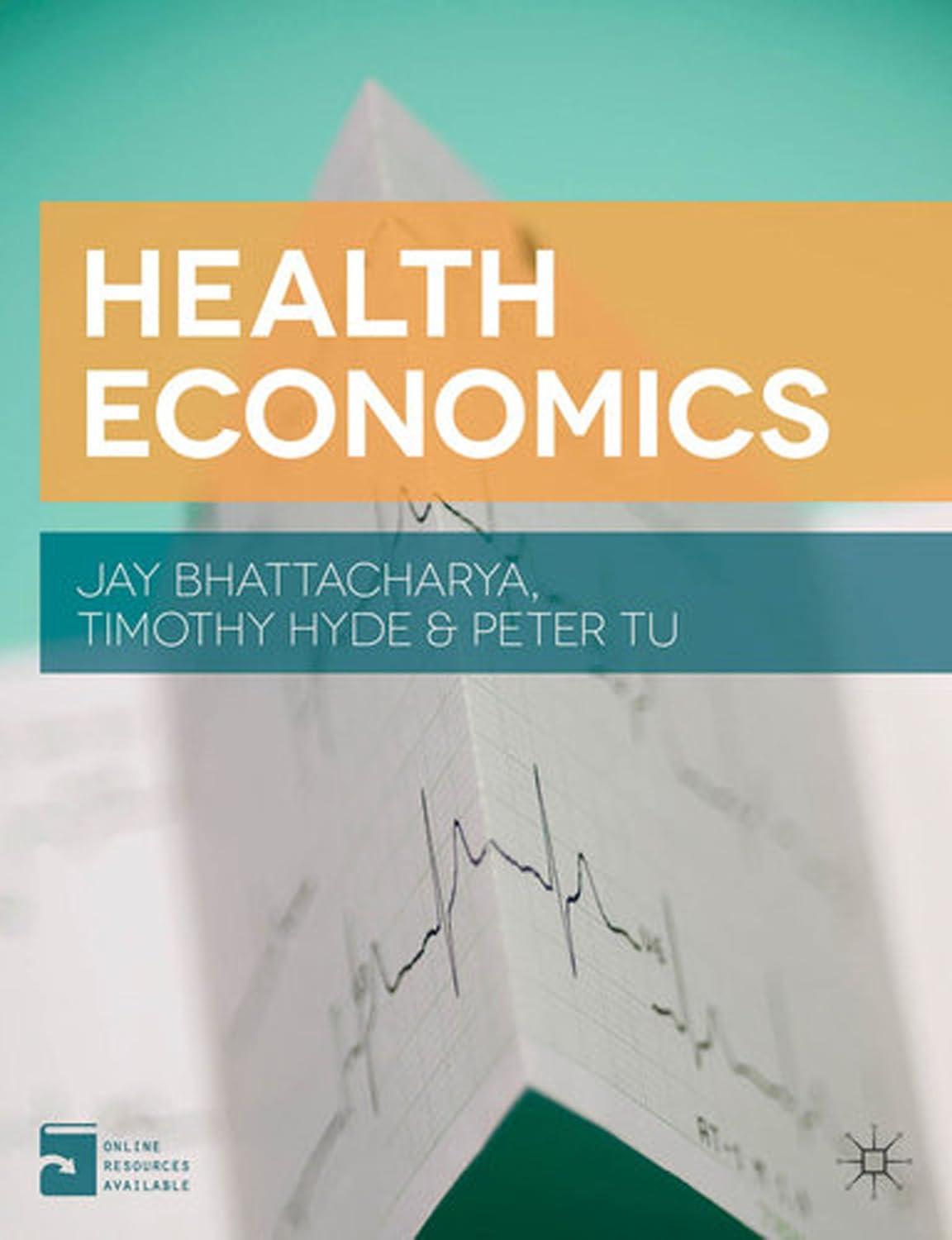The following is an excerpt from the abstract of a recent journal article entitled The effects of
Question:
The following is an excerpt from the abstract of a recent journal article entitled “The effects of maternal fasting during Ramadan on birth and adult outcomes” by Almond and Mazumder (2007). Ramadan is the traditional month of daytime fasting by Muslims.
We use the Islamic holy month of Ramadan as a natural experiment for evaluating the short and long-term effects of fasting during pregnancy. Using Michigan natality data we show that in utero exposure to Ramadan among Arab births results in lower birthweight and reduced gestation length. Preconception exposure to Ramadan is also associated with fewer male births. Using Census data in Uganda we also find that Muslims who were born nine months after Ramadan are 22 percent (p=0.02) more likely to be disabled as adults. Effects are found for vision, hearing, and especially for mental (or learning) disabilities.
a. Describe how one or more theories discussed in this chapter might explain the findings by Almond and Mazumder.
b. Suppose that a scientific study determines that fasting during Ramadan actually has no causal effect on fetal health. What other factor could explain the Michigan results? Do you think your explanation is likely?
Step by Step Answer:






